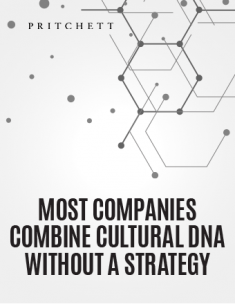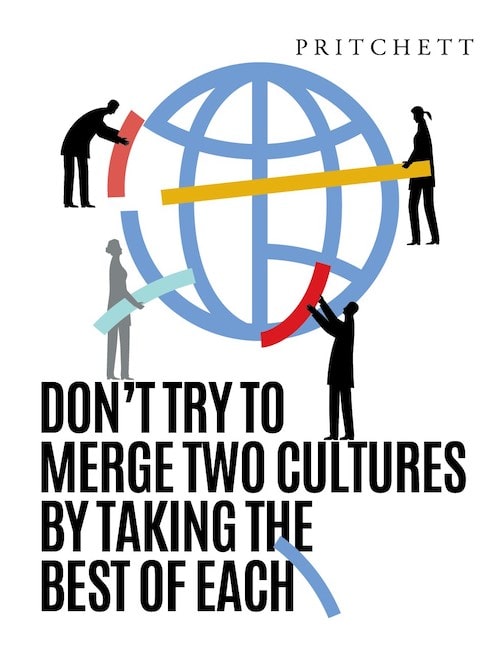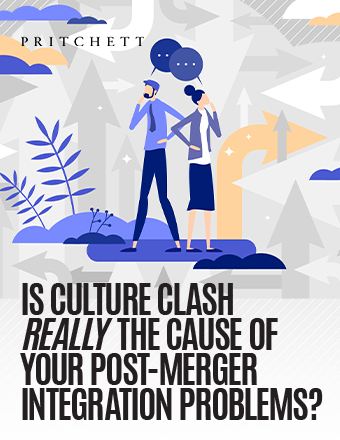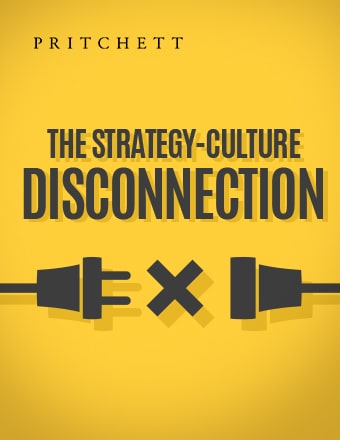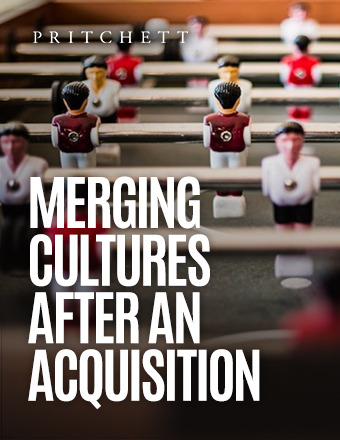What if—as an individual—your genetic code suddenly changed by, say, 20 percent?
How different a person would you be? If the change happened overnight, would you even recognize yourself the next morning? What would it feel like? How would you behave?
That’s what happens when, for example, a 4,000-person company acquires and integrates a 1,000-person firm. The acquirer’s cultural DNA will be reconstituted as it absorbs the new employees. Immediately when the deal closes, one out of every five people in the workforce will be from a firm with a different genetic code.
Can anyone doubt that the immigrants will leave their cultural mark on the land of the parent company?
Of course, the cultural impact will be profoundly greater for acquired personnel. Their cultural heritage will be dissolving into a gene pool that’s 400 percent larger, so what will that leave of the target firm’s identity?
Circumstances like these cause people to behave in peculiar and problematic ways. Yet most mergers proceed without a well-conceived strategy for culture integration.
In a nationwide study conducted by PRITCHETT, only 21 percent of the executives surveyed said their companies conduct a formal program specifically designed to facilitate culture integration or culture change when they acquire/merge other firms. Nevertheless, when people talk about M&A efforts that go bad, more than anything else they blame culture.
DON’T PLAY THAT GAME.
TAKE CULTURE VERY SERIOUSLY FROM THE BEGINNING, NOT AFTER THE FACT.

